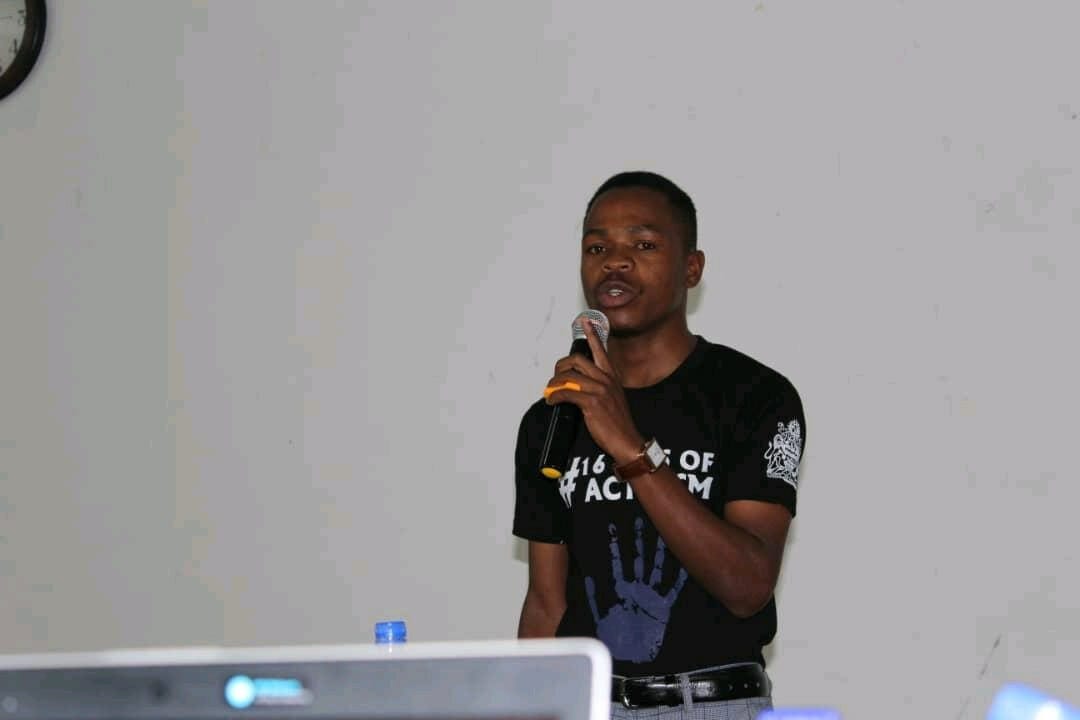
Malawi: The Knowledge Economy Generation Network (KEGN) is advocating for the establishment of a federal government, claiming that the system possesses the structures required to accelerate economic development in Malawi's various regions.
Lusungu Black Simba Mwakhwawa, governance and human rights activist and the founder of KEGN, claims that the highly-centralised unitary form of government is ineffective in dealing with contingencies in most parts of the country.
"The administration and power are concentrated in Lilongwe, Capital Hill, resulting in unequal development among the various regions. Development is inequitable and stifled because it is difficult to reach and respond to the needs of remote areas such as Mwanza, Machinga, Balaka, Chitipa, Rumphi, Ntcheu, and Dowa, to name a few,” he says.
Mwakhwawa, an activist, believes that the federalism strategy will facilitate faster delivery of basic services and promote participatory governance.
According to Mwakhwawa, the federal system has the structures to accelerate economic development by redistributing power from the central government to regions that will be converted to federal states.
"With devolved powers, federal states will be able to mobilise their resources for development without being hampered or controlled by the central government."
Despite praising the system, Mwakhwawa was quick to point out that federalism is not a panacea for all governance issues, but it will improve Malawi governance for the reasons stated above.
Federalism is a form of government in which a country is governed by two levels of government: an overarching national government governs a larger territory, while smaller subdivisions govern issues of local concern.